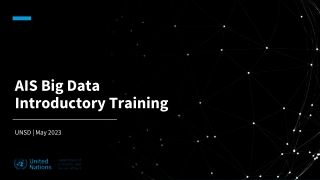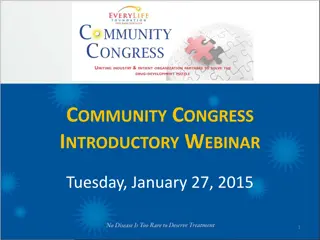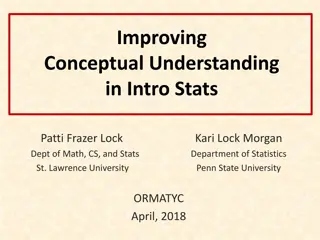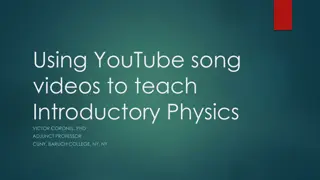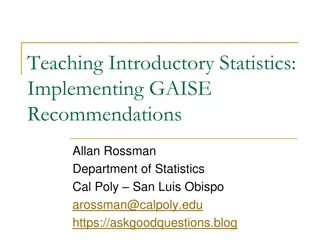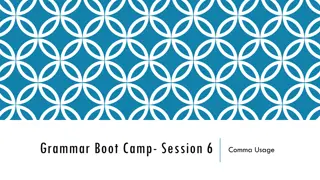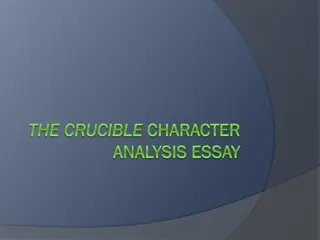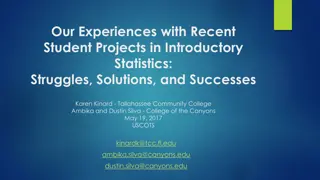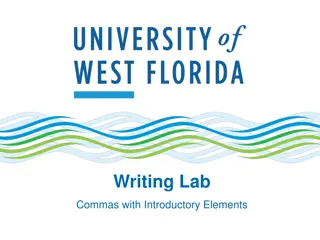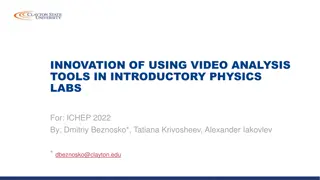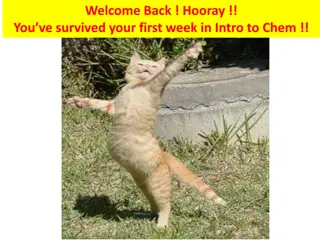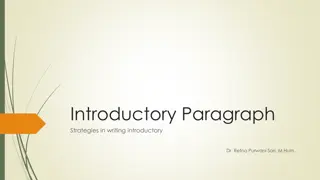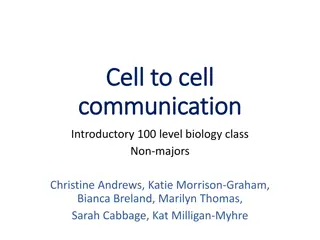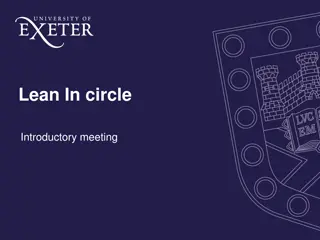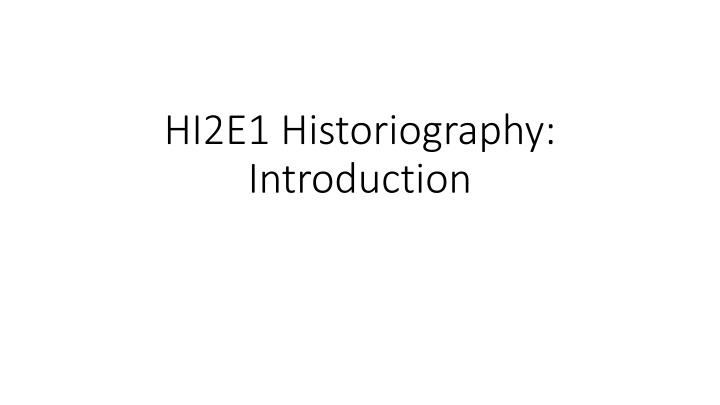
Exploring Historiography: Themes, Methods, and Purposes
Delve into the world of historiography to understand influential ways of studying history from the 18th to the late 20th century. Explore central questions on themes, methods, and purposes of historical study, reflecting on moral improvement, scientific laws, and political struggles. Uncover the significance of diverse historical phenomena, the evolution of historical thinking, and the transformations of historical perspectives across different eras.
Download Presentation

Please find below an Image/Link to download the presentation.
The content on the website is provided AS IS for your information and personal use only. It may not be sold, licensed, or shared on other websites without obtaining consent from the author. If you encounter any issues during the download, it is possible that the publisher has removed the file from their server.
You are allowed to download the files provided on this website for personal or commercial use, subject to the condition that they are used lawfully. All files are the property of their respective owners.
The content on the website is provided AS IS for your information and personal use only. It may not be sold, licensed, or shared on other websites without obtaining consent from the author.
E N D
Presentation Transcript
HI2E1 Historiography: Introduction
In this module well study. Influential and pioneering ways of looking at history, from the 18th century to the late 20thcentury Central questions: - Themes: what have historians considered important in the study of history? - Methods: how have they gone about studying these themes? - Purposes: what have their aims been? Why have they studied and written history?
What is Historiography? 3 potential meanings: 1. The scholarly literature on any given subject-area: eg. Historiography of early modern China; historiography of Spanish Civil War; historiography of popular sport 2. The history of history how have historians approached their craft? This overlaps with 3. The critical philosophy of history: reflections on the meaning, nature and purpose of history.
Purposes of History Moral improvement and progress? The establishment of scientific laws and patterns? A tool in political struggle? A way of constructing identities and collective memory?
Which historical phenomena truly count? Politics, war and great individuals? Ordinary people and social relations i.e. social history? Forms of social power: class, gender, race, sexuality? Material culture? Ideas and ideologies?
Historical thinking: diversity and variations Historians dispute each others arguments at any given point in time Emphases of historical thinking are not constant they change over time So history is never neutral , objective or fixed There is a history of history : the ways in which we think historically are bound up with historical processes Studying historiography means studying the foundations of our own historical thinking critically
Transformations of Historical Thinking Enlightenment: philosophies of historical progress and moral improvement 19thcentury: emergence of attempts to render history along the lines of natural sciences 20thcentury: democratization of historical themes and inquiry
Exclusions and power relations in Historiography Most historians studied this term white, male, European: why? - distinctive nature of modern historiography - shaped by real asymmetries of power: history of European economic, political, cultural domination - these asymmetries mark both the material infrastructure of history and forms of historical thinking - most of the crucial challenges to this intellectual order appear on a large scale only in the late 20thcentury - pitfalls to be avoided in examining Historiography: a) uncritical veneration of past thinkers, b) dismissiveness and presentism
Module organization Lectures on Moodle: to be uploaded at the start of the week Seminars alternating between f2f and online Moodle discussion forum for asynchronous activity: will vary from group to group and tutor to tutor Assessment: a) seminar participation combination of oral contributions and discussion forums b) 1500 word essay: imaginary conversation between 2 thinkers c) 3000 word essay themes to be announced just before Reading Week

